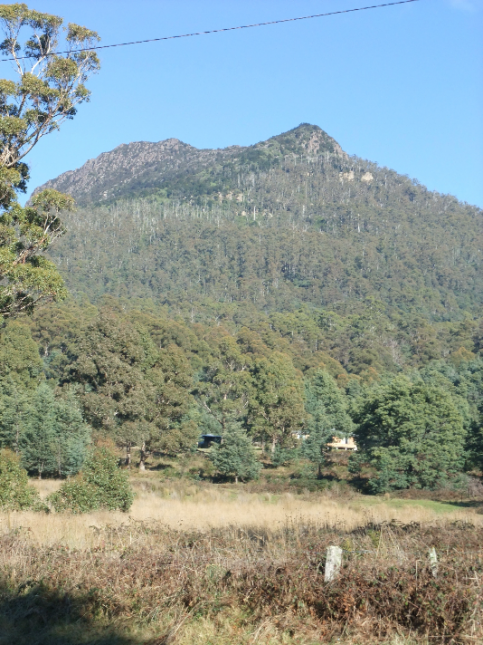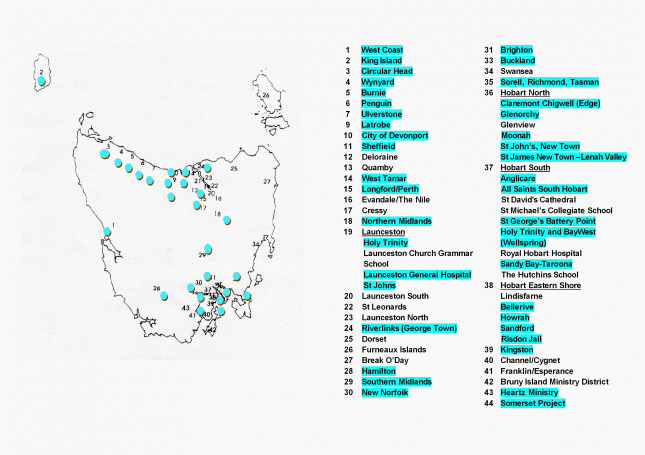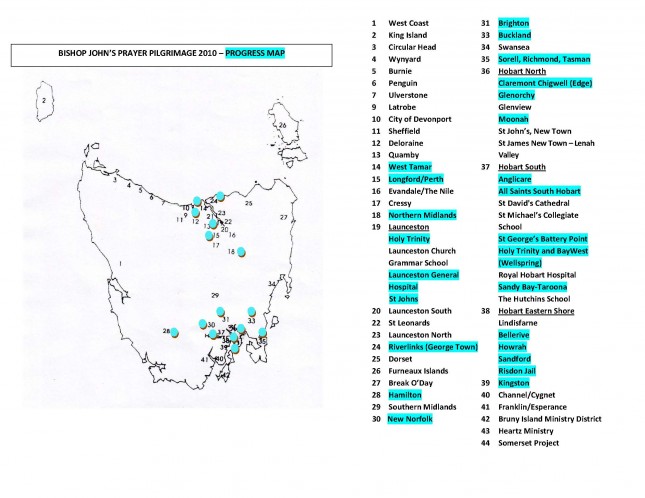Associate Professor Stuart Piggin (Macquarie University) has been so kind as to allow me to post to our website the notes from his public lecture, William Wilberforce, the Clapham Cabinet, and ‘Liberating the Captives’ in Australia, given on 26 March 2007 at Parliament House, Canberra, to celebrate the bicentenary of the abolition of the slave trade.
William Wilberforce is best known for his fight to abolish the Slave Trade in British ships. In his public lecture Professor Piggin talks about William Wilberforce’s involvement in The Clapham Cabinet and the impact that he and the abolition of the slave trade had on Australia. This is church and society; gospel and culture at its thoughtful best.
William Wilberforce was a member of The Clapham Cabinet
a group of well-connected Christians of evangelical persuasion who, conspired together for time and eternity at Clapham Common just outside of London. Great Christian enterprise has often been the work of friends who share a passion for the Kingdom.
William Wilberforce was a Liberator of the Captives.
Mr Wilberforce was sure society was not working in a way consistent with the Kingdom of God and desired to change everything to make it so… after 21 years of struggle, he succeeded in abolishing the slave trade, he asked, what can we abolish next? The gospel must result in the liberation of all, mustn’t it?
William Wilberforce had a great influence on Australia.
What did Mr Wilberforce do for Australia?… Wilberforce’s influence on Australia summarised…He and his friends at Clapham have influenced an army of ministers, missionaries and teachers, as well as lawyers, farmers, and businessmen to make the colonies the base for their own labours. This godly army abolished transportation, elevated a convict population, and transfused gospel values into your commercial institutions, your banks and newspapers, and your legal system.
Stuart Piggin’s public lecture notes are available here.
See also information on the movie, Amazing Grace, based on the life of William Wilberforce, here.
Read about William Wilberforce and his friends in the founding of the Church Missionary Society here.



